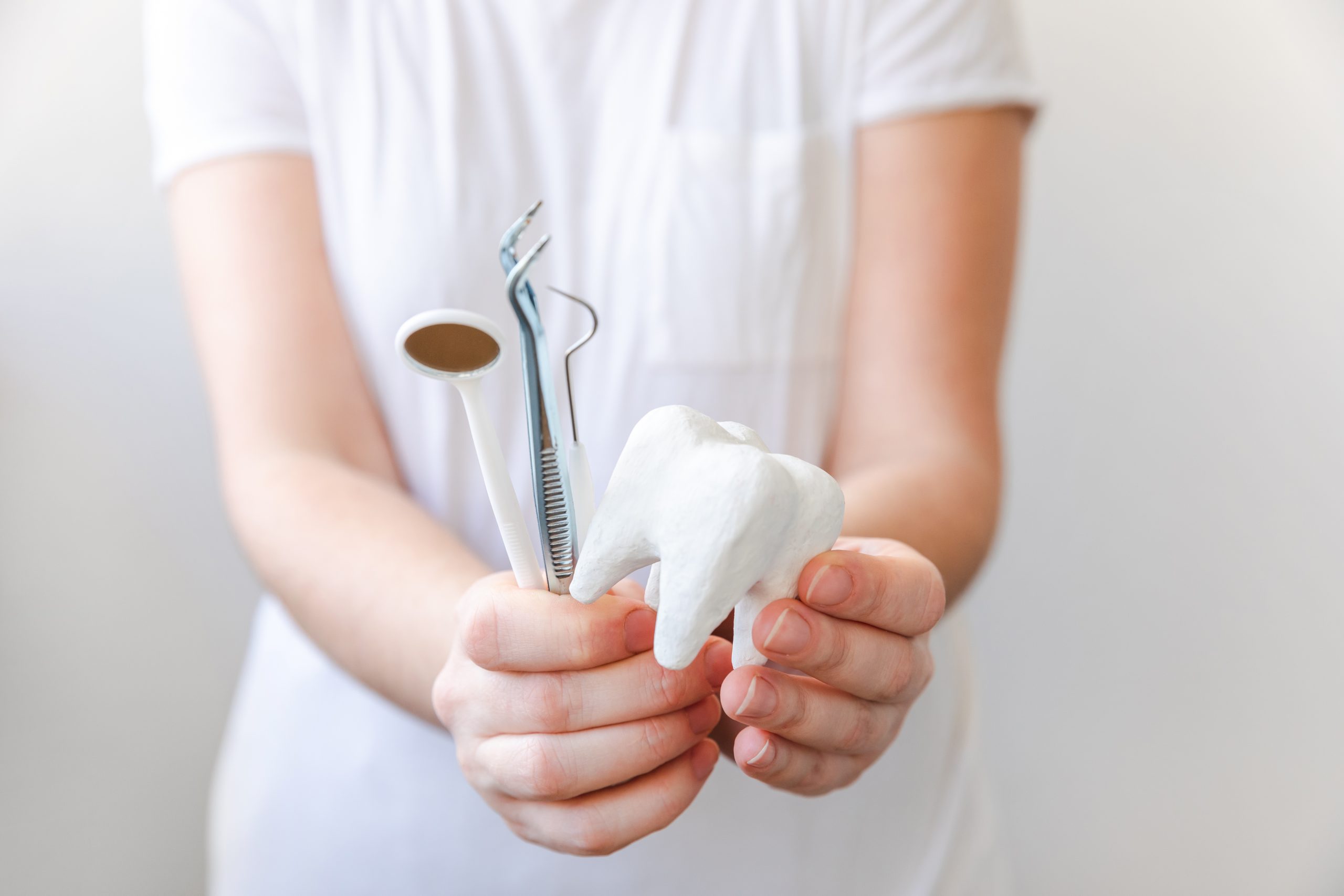When we think about health, we often focus on physical well-being. However, it’s important to recognize that our oral health plays a significant role in our overall health, including our mental well-being. The connection between dental health and mental health is an important and often overlooked aspect of our overall well-being. In this article, we’ll explore the connection between dental health and mental health.
- Self-Esteem and Confidence
One of the most apparent connections between dental health and mental health is the impact on self-esteem and confidence. Our smiles are a significant part of our appearance, and if we have dental issues such as missing teeth, discolored teeth, or bad breath, it can affect how we feel about ourselves. Poor dental health can lead to self-consciousness, social anxiety, and a lack of confidence in social situations. Conversely, maintaining good dental health and a healthy smile can boost self-esteem, enhance confidence, and positively impact our mental well-being.
- Pain and Discomfort
Dental problems can cause physical pain and discomfort, which can have a significant impact on mental health. Toothaches, gum infections, and other oral health issues can cause chronic pain and make it difficult to eat, speak, or carry out daily activities. Chronic pain can lead to irritability, mood swings, and increased stress levels, which can negatively affect mental well-being. Treating dental problems promptly and effectively can alleviate pain and improve mental health.
- Social Interactions and Relationships
Our oral health can influence our ability to engage in social interactions and maintain healthy relationships. Dental problems, such as missing teeth or bad breath, can cause embarrassment and lead to social withdrawal. Avoiding social situations due to dental issues can result in feelings of isolation, loneliness, and depression. On the other hand, good dental health enables us to interact confidently with others, form meaningful connections, and enjoy healthy relationships, which can positively impact mental health.
- Systemic Health Connections
There is growing evidence to suggest that poor dental health is linked to various systemic health conditions, including cardiovascular disease, diabetes, and respiratory infections. These systemic health issues can have implications for mental health as well. Dealing with chronic health conditions can cause stress, anxiety, and depression, all of which can affect mental well-being. By maintaining good dental health, we can reduce the risk of these systemic health issues and potentially improve mental health outcomes.
- Oral-Systemic Connection
Research has also revealed a bidirectional relationship between oral health and mental health. Individuals with mental health conditions such as depression and anxiety may be more prone to neglecting their oral health, leading to a higher incidence of dental problems. Conversely, poor oral health can contribute to mental health issues due to the discomfort, pain, and self-esteem challenges associated with dental problems. Taking care of both our dental health and mental health is crucial for maintaining overall well-being.
In conclusion, the connection between dental health and mental health is undeniable. Dental health has a significant impact on self-esteem, confidence, pain levels, social interactions, and systemic health, all of which can influence our mental well-being. Taking care of our oral health by practicing good oral hygiene, seeking regular dental check-ups, and addressing dental issues promptly is essential for maintaining not only a healthy smile but also optimal mental health. Additionally, seeking support from mental health professionals when needed can help address any mental health concerns related to dental health. Remember, a healthy smile contributes to a healthy mind.





